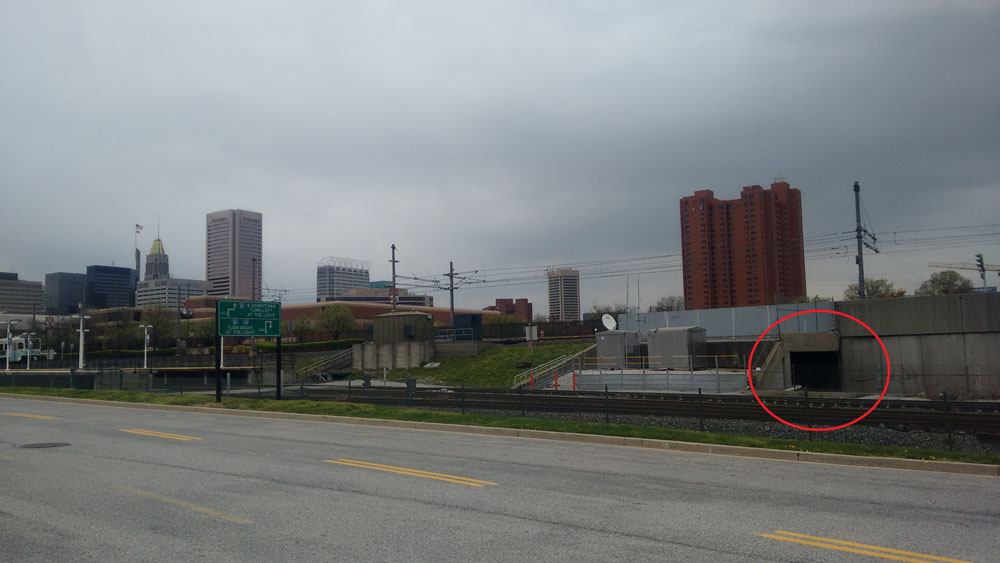
In February, Baltimore oil trains activists gathered to learn about a deadly accident in Lac-Mégantic three years ago. Railroad Workers United representative Fritz Edler joined a resident of Lac-Mégantic to explain how policy decisions, like staffing that train with only one crew member, led to the train derailment and explosion in the middle of that small town.
Because unsafe designs and policies have yet to be changed, Fritz said, “it is absolutely the case that this could happen where you live.”
Partially in response to incidents like Lac-Megantic, the Federal Railway Administration (FRA) is considering new rules that would require a minimum number of crew members per train. This simple change could be the difference that prevents a derailment, spill, or explosion. However, the vague language of the proposal potentially opens the door for the approval of single-employee operations in the future.
The draft language states, “A minimum requirement of two crew members is proposed for all railroad operations, with exceptions proposed for those operations that FRA believes do not pose significant safety risks to railroads employees...” Railroad Workers United responded, saying “There is no “safe” way to run a train with a single crew member, period....the wording of the Proposed Rule seems to suggest that even Class I railroads, moving long and heavy trains (including hazardous materials), may apply to the FRA under to run these trains with a single crew member! We find this completely unacceptable.”
The Federal Railway Administration proclaimed in 2014 that “safety is enhanced with the use of a multiple person crew — safety dictates that you never allow a single point of failure.” So why is the proposed rule so vague about two-person crews? It’s important for us to emphasize this point and stand with railroad workers calling for stringent requirements to keep themselves and their cargo safe. To learn more about this issue and how you can contact the FRA, visit Railroad Workers United’s guide to minimum crew requirements.
In Baltimore City, we have an opportunity to protect our neighborhoods from oil train shipments by passing City Council Bill 16-0621. This ordinance would require the Health Department to conduct a health impacts assessment and a risk assessment study, update its incident response plans, make sure the city could monitor clean-up efforts after a spill or explosion, and disclose the existence of oil trains and the findings of these studies to the communities that could be impacted by a disaster. Click here to add your voice to our petition asking Mayor Rawlings-Blake to sign this legislation, and email me to find out how you can get involved.


